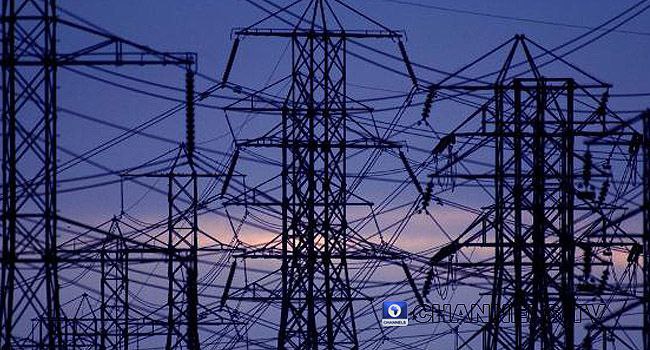Nigeria experienced another widespread power outage as its national grid collapsed for the second time in just three days, affecting millions of people and critical infrastructure. The country’s grid system, already plagued by chronic issues, has faced repeated breakdowns, leaving homes and businesses in major cities without electricity and causing economic disruptions.
The power collapse highlights longstanding concerns about Nigeria’s energy infrastructure, which struggles to meet the demands of its rapidly growing population. Experts point to underinvestment, aging equipment, and a lack of modernization as key contributors to the grid’s instability. Authorities have initiated investigations to determine the cause of the recurring outages but are yet to find lasting solutions.
For citizens, these frequent blackouts disrupt daily life and stifle economic growth, with many small businesses forced to rely on expensive alternatives like diesel generators. The Nigerian government faces increasing pressure to improve the reliability of the grid, as consistent power failures have become a national frustration, raising questions about the stability of essential services.











